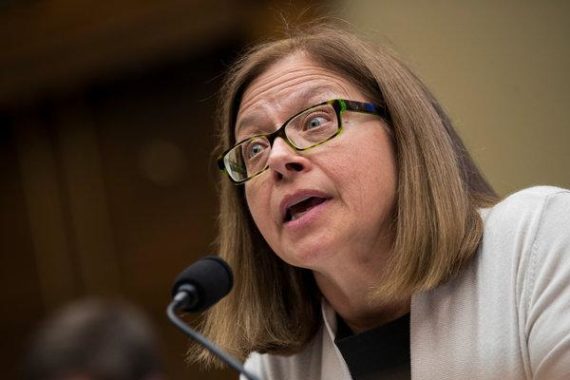
(1-4-19) D. J. Jaffe, author of the book Insane Consequences, wants to use the courts to obtain improved mental health services. I received this email request from him this morning and am happy to share it with you. I’d also encourage you to tell your stories on my Facebook page so that I can forward them to the appropriate U.S. Senators and Representatives in Congress who monitor mental health care.
Help Improve Emergency Room Care: A Request for Information from Mental Illness Policy Org.
We are in the very preliminary stages of researching if it would be possible to use a lawsuit to improve future emergency room (ER) care for people with serious mental illness.
We are interested in learning about individuals who went to an ER seeking emergency treatment for a serious mental illness and were either turned away without a medical screening and/or injured themselves or someone else as a result of a lack of treatment or inadequate treatment.
If you, or someone you know, has experienced this within the last 18 months and is open to the idea of participating in a lawsuit, can you contact me at office@mentalillnesspolicy.org with your story? Please provide as much information as you can, including (1) the name and address of the hospital; (2) the dates of the ER visit; and (3) the details leading up to the visit and what occurred during and after the visit.
This is not a promise that we will be able to help you in any way. We are collecting information to see if a lawsuit might be feasible. If we think it might be, we will be back in touch with you to get additional information, and your consent to participate in the litigation, if any.
Thank you.
DJ Jaffe, Executive Director, Mental Illness Policy Org.







